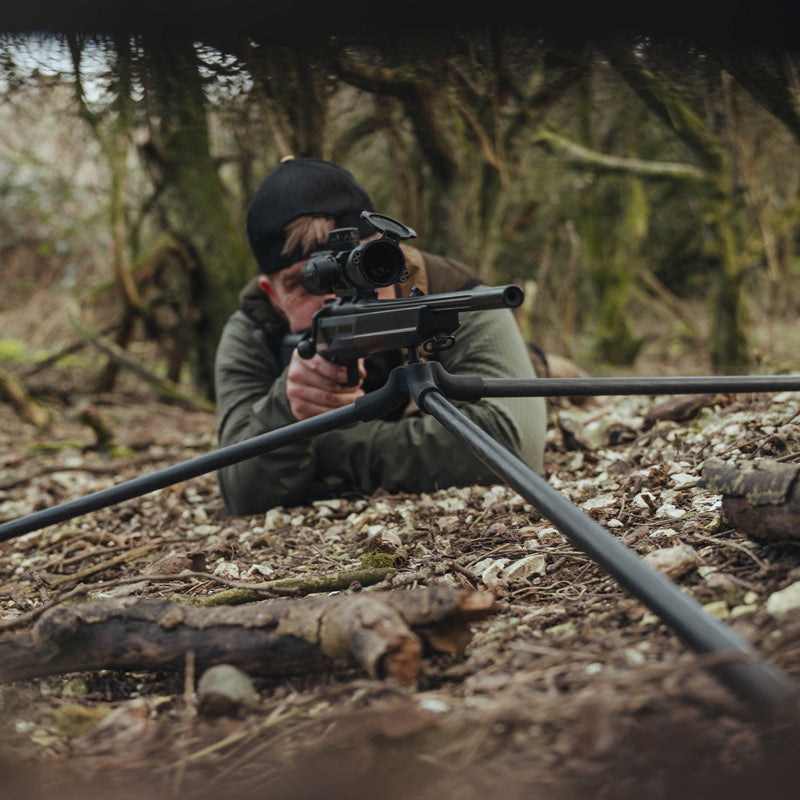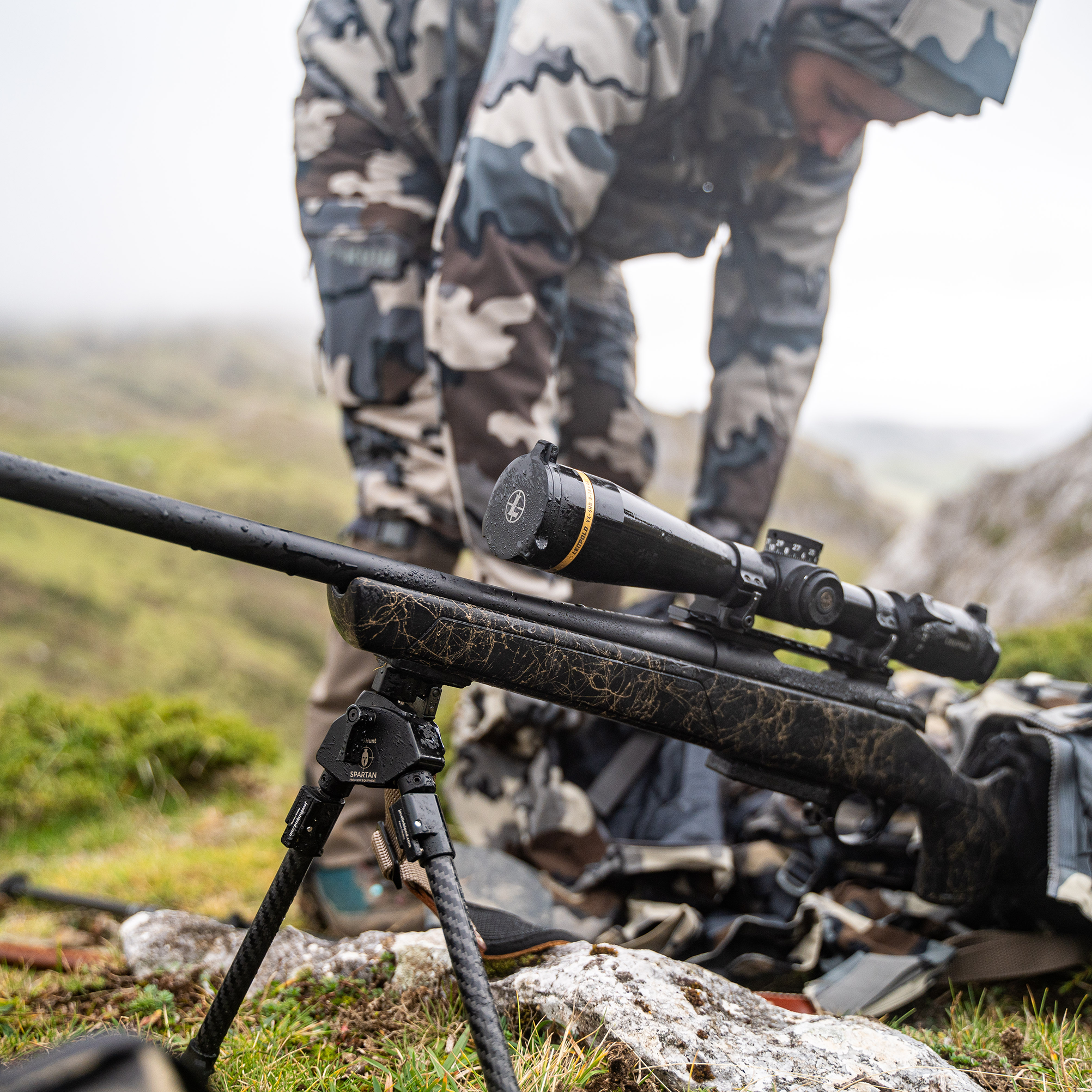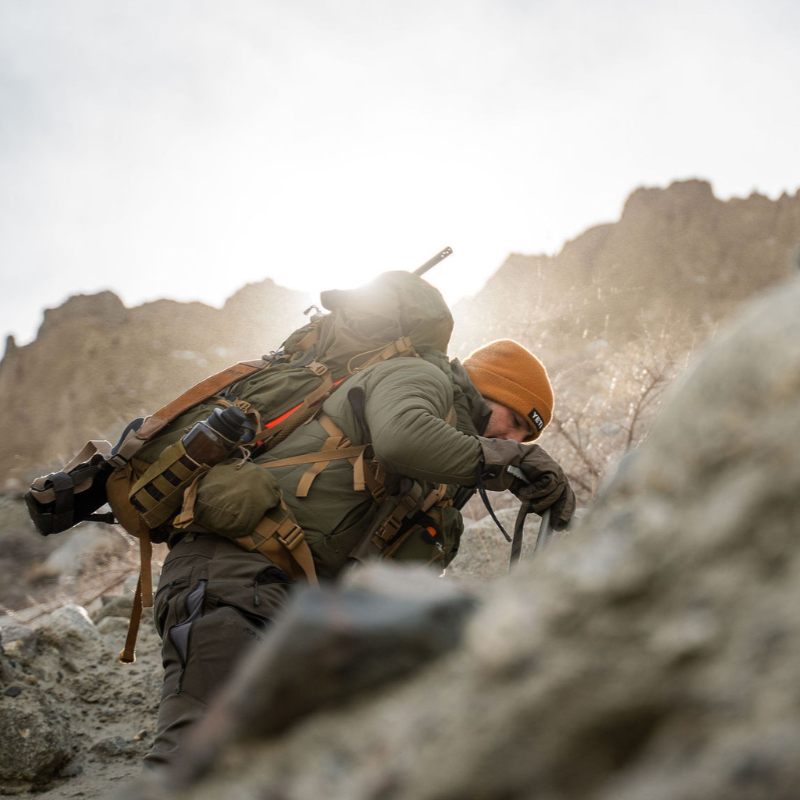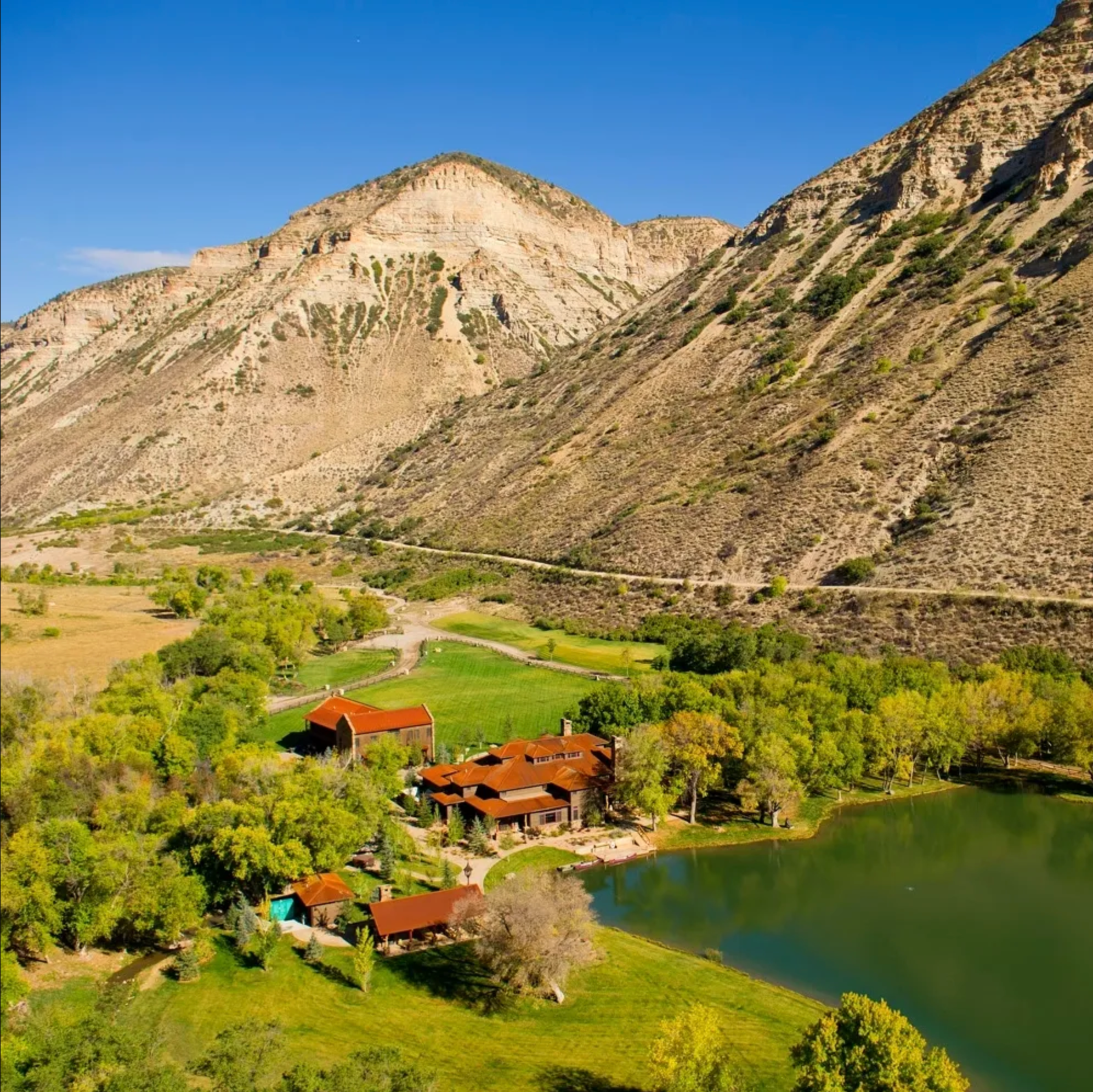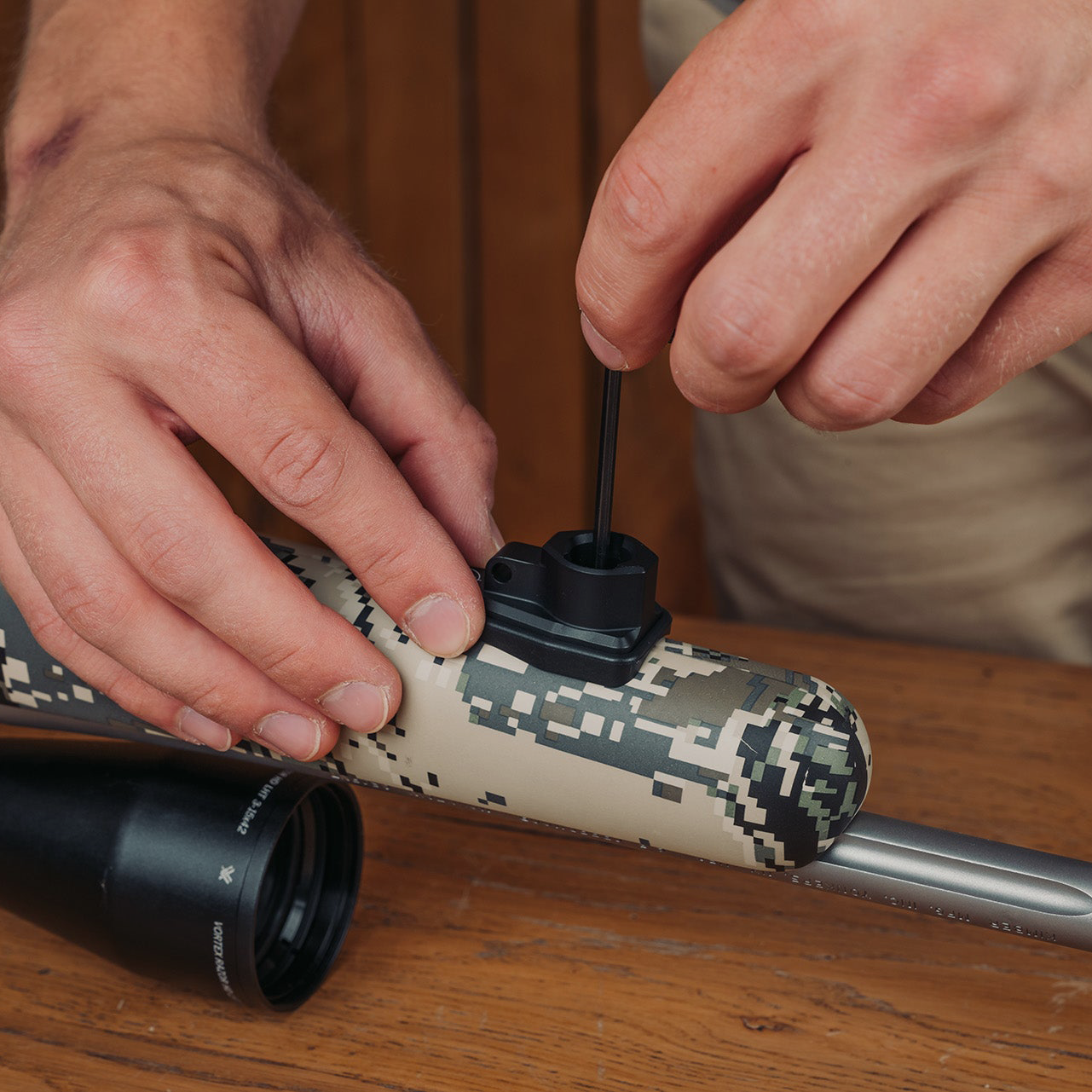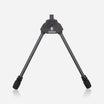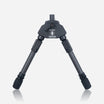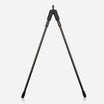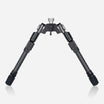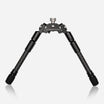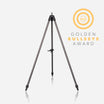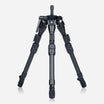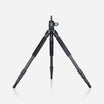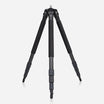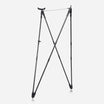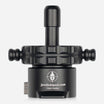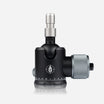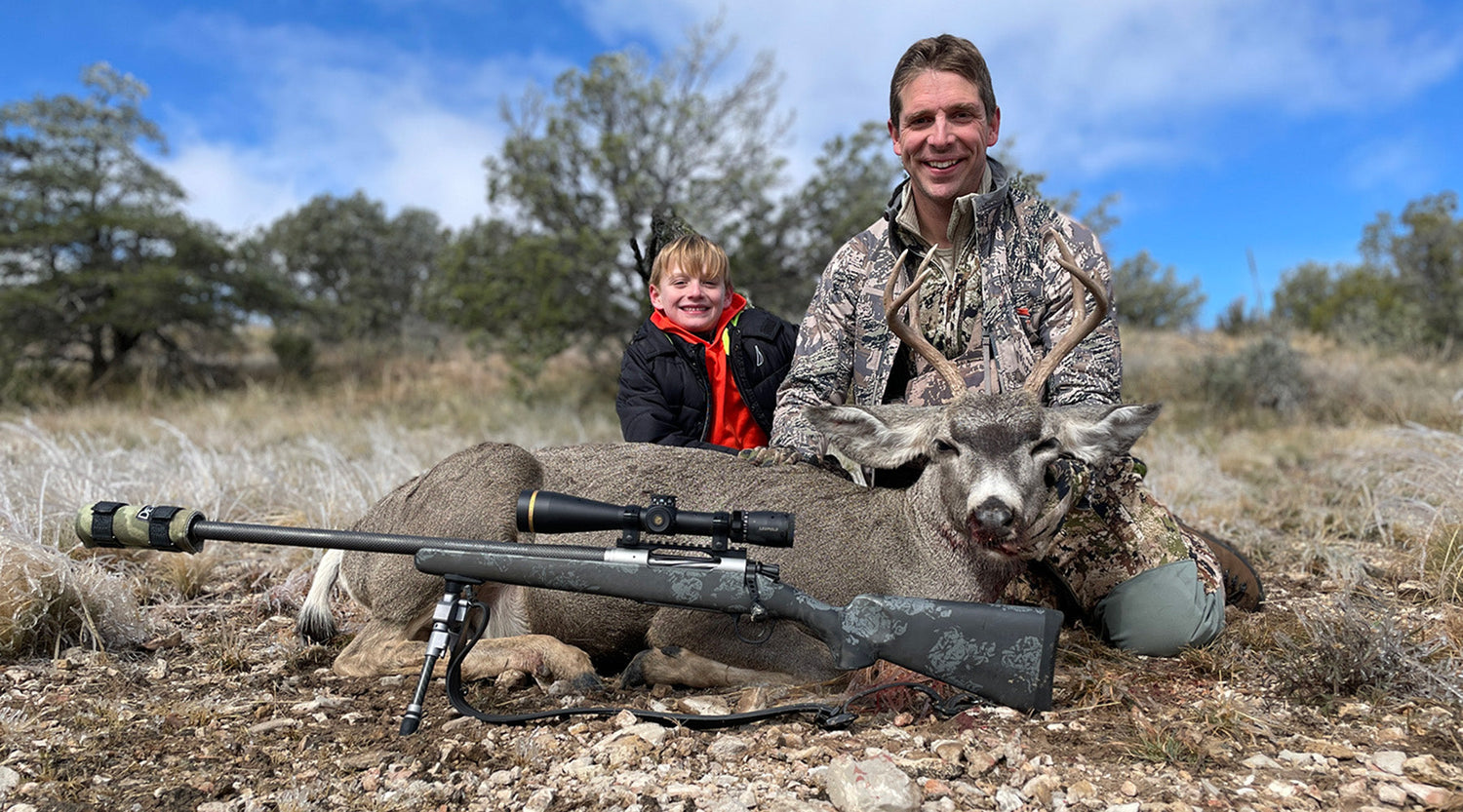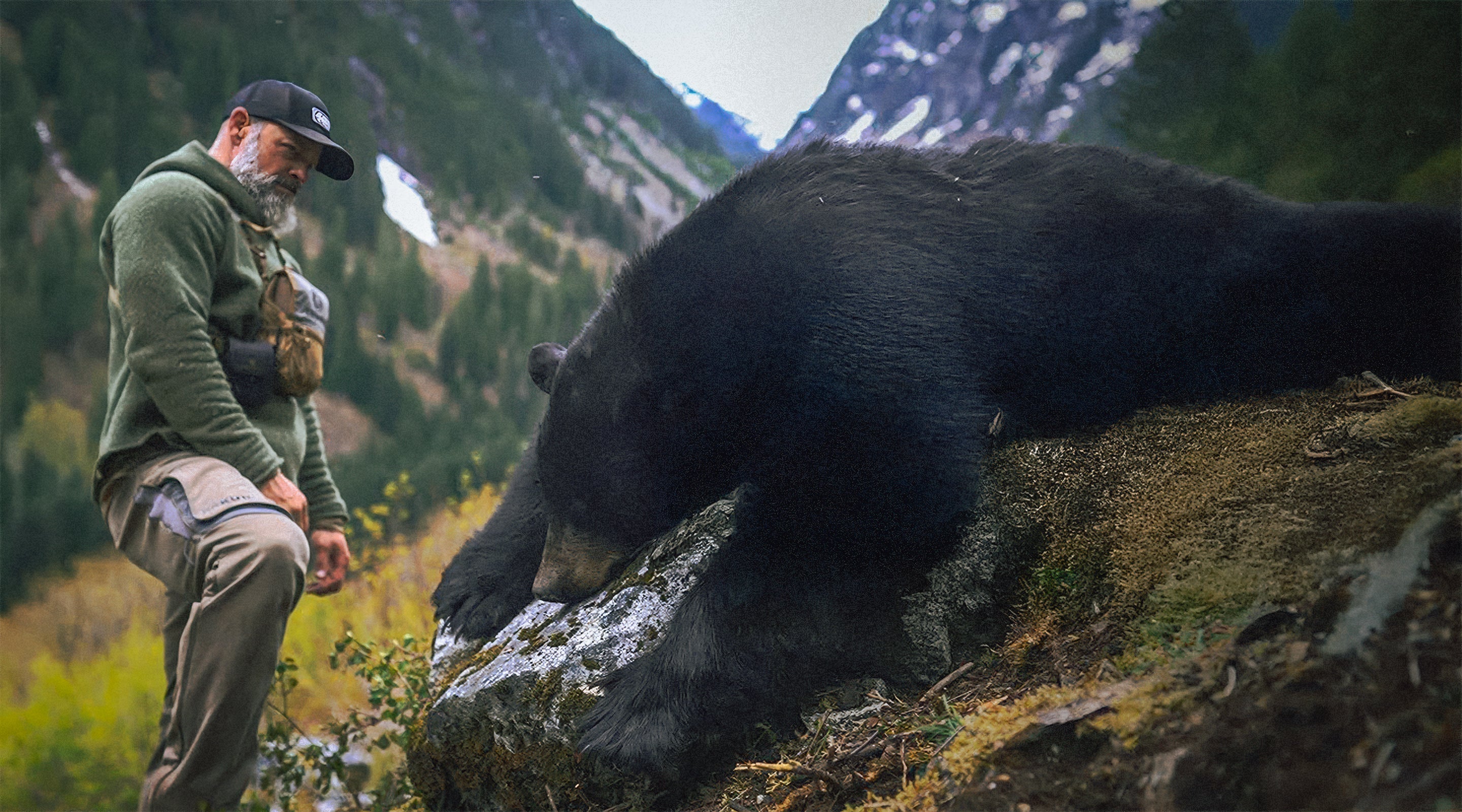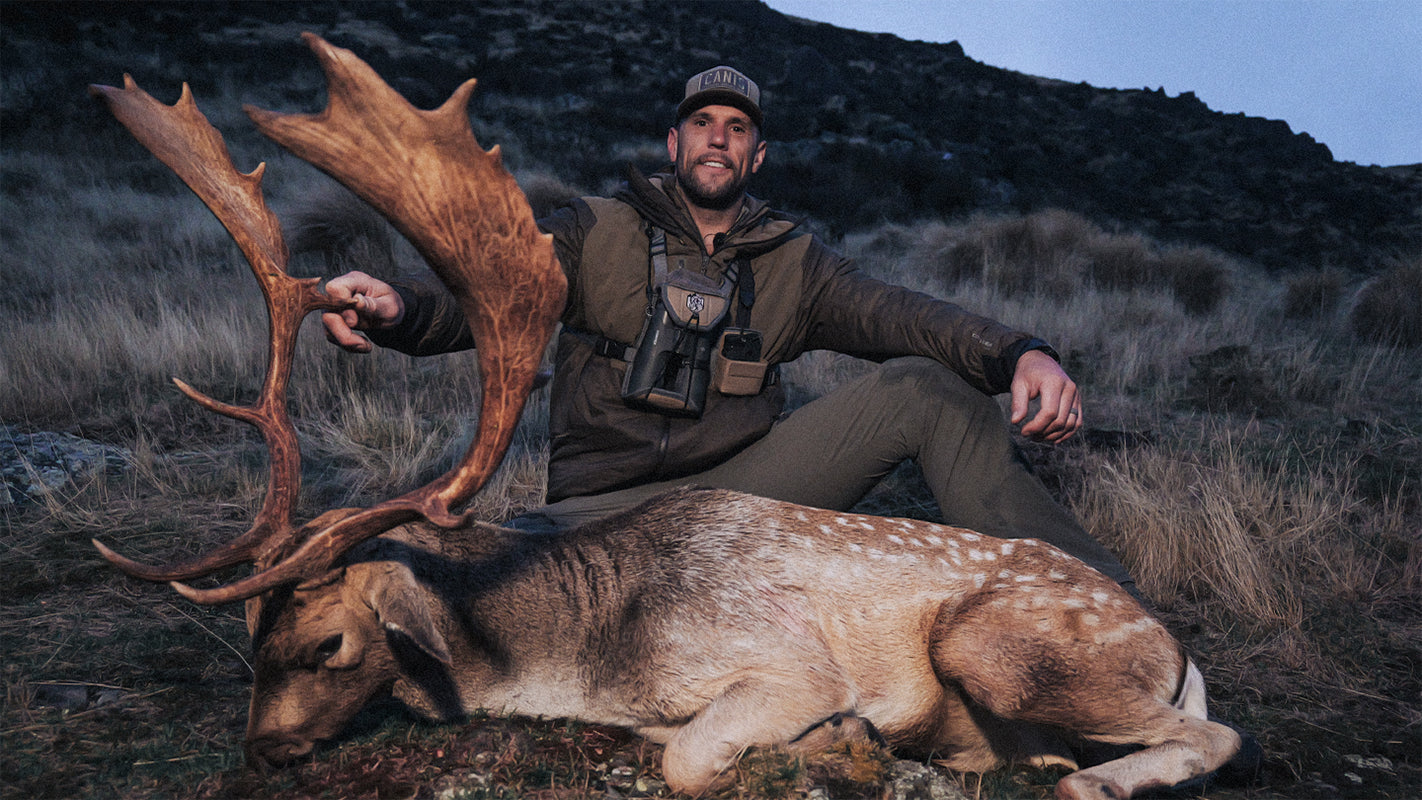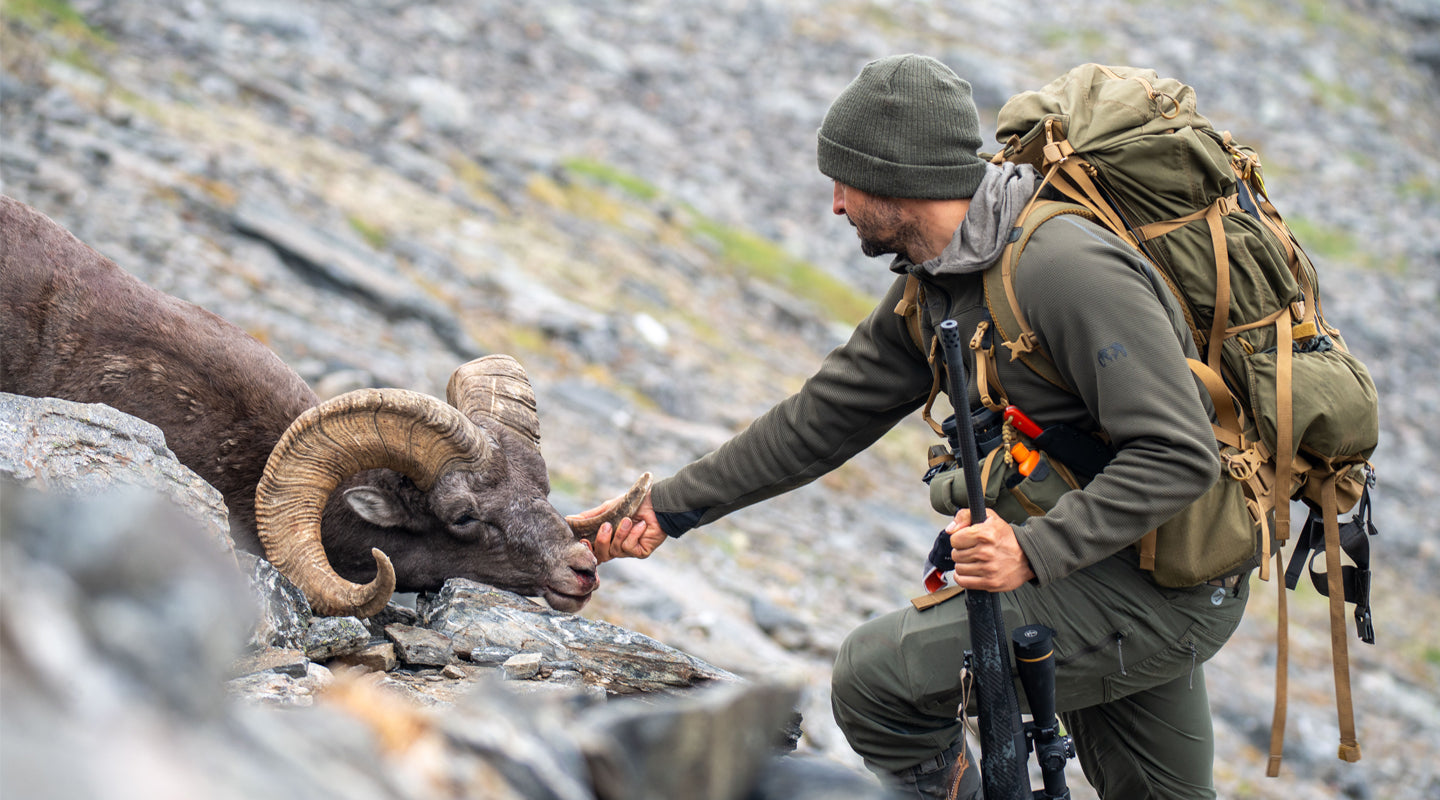It was only 10:30am, but we’d already spent the last six hours navigating the challenges of an unexpectedly frozen desert landscape. Those conditions resulted in the shedding of a few tears, the uttering of a few swear words, and multiple bruises along the way. My seven-year-old son, James, accompanied me on his first backcountry hunt in pursuit of desert mule deer. New Mexico was giving him a brutal introduction to deer hunting, and I feared we were both on the edge of giving up.
Like a fickle wind, things can change in an instant afield, and that’s exactly what happened to us. While I was there to teach my boy about deer, a freak ice storm and sneaky bucks turned it into a teachable moment about the value of multi-functional gear for us all.
Opening day dawned clear, but surprisingly warm, and we hunted in short sleeves that morning. Our gleeful anticipation quickly faded when the sun revealed dozens of cattle grazing in the canyons we expected to be full of muleys. A couple does and fawns filtered through the scattered mesquite and juniper trees, but their antlered brethren were nowhere to be found.
Temperatures climbed with the rising sun, and the few deer we saw quickly vanished into pockets of shade to escape the heat. That afternoon all we could find were cows, and the hunting got even more frustrating because there were no deer in another canyon where I’d observed plenty of activity in the past.

A cold front rolled in late that afternoon, causing the mercury and barometer to start plummeting. My son and I exchanged our short sleeves for jackets and sweatshirts that evening, hopeful our luck would change the following day with cooler weather.
The weather certainly changed the next day, but not for the better. Temperatures continued to drop, and we awoke to a steadily misting rain accompanied with nearly zero visibility.
Conditions were so miserable, we decided to hold off on hunting until the weather improved enough that we could at least see a few hundred yards. I wasn’t afraid of getting wet or cold, but didn’t want to endure that without at least some reasonable chance of success, especially with my young son in tow.
An hour of waiting turned into two, which turned into four, which turned into eight. We ended up spending the whole day reading in our tent waiting fruitlessly for conditions to improve.

Fortunately, the front eventually blew through that night. Temperatures continued to drop that evening and into the next morning. The 80-degree (27 C) weather we initially experienced had plummeted down to 16-degrees (-9 C) over the course of 48 hours.
Our third day afield dawned crystal clear and we awoke to a bitter, frozen landscape. I had hunted this area many times in the past, but never observed anything quite like what my son and I encountered that morning. Twenty hours of misty rain had soaked every rock, tree, and bush in our section of the desert. The freezing temperatures that morning resulted in a coating of ice on everything in sight.

We arrived at my favorite glassing spot a few minutes before the first rays of the sun peeked over the horizon. My pulse quickened when I spotted movement through my binoculars in the dark recesses of the canyon in front of me. Our spirits crashed a minute later when the waning darkness revealed yet another brown cow instead of the deer I desperately hoped to find.
The growing light revealed even more cattle in this area, so James and I packed up and began moving towards another draw I wanted to investigate during that precious golden hour of the morning.
In my rush, I threw caution to the wind and slipped on the icy surface of a coffee table sized rock. Though I was not seriously injured, that fall crushed both my ego and spirits. With slumped shoulders and an aching back, I suggested to James that we return to camp and regroup.
That was the low spot of the hunt, but also an inflection point where our luck finally started to change. Something odd stood out on a ridge within sight of camp. I set up my Ascent tripod , snapped my binoculars onto its MagnaSwitch adapter, and took a closer look.
A few seconds of glassing from that steadier platform revealed two bucks eating their breakfast and basking in the sun on a southeast facing slope about 1,000 yards away.
Neither deer was especially large, but both were legal bucks. Considering the poor luck and frustrating conditions we had encountered to this point, James and I promptly decided to make a stalk. We gathered our equipment and crept closer, careful to keep a bush or tree between the deer and us at all times.
The yardage slowly ticked down: 500 yards, 450, 400, then 350.
Those deer were on the opposite face of a canyon, but the downward sloping terrain on our side combined with the various bushes and trees ruled out a prone shot. Fortunately, we found a window through the vegetation where I could take a shot from a sitting position using my tripod as a rest. This was my first lesson in the necessity of versatile gear to make the most of fleeting opportunities in challenging terrain.

I verified the range one last time: 330 yards. No sweat, my 7mm PRC would be dead on at that range with an additional 1.75 MOA of elevation.
I extended the tripod legs to a comfortable height, popped the binoculars off the magnetic adapter and swapped my rifle on, dialed the scope to the correct range, and rested my arms against my knees. Within seconds I had built a rock-steady shooting position and located the deer in the crosshairs of my Leupold VX-5.
All I had to do now was make a true shot so I could set a good example for my son.
My trigger broke cleanly a few seconds later and the deer collapsed in his tracks after the 160gr Hornady CX severed his spinal column.
In what seemed like a split second, this adventure went from one of the most challenging and frustrating hunts to one of my most treasured memories. James and I examined the deer up close before taking photos (with an assist from my Pro Hunt Tac bipod ), quartering, and packing it out together.

Though it was far from the only piece of gear I used on that hunt, I think my Ascent tripod brought a couple features that became essential to our success. Not only did it pull double duty as a glassing platform and a shooting rest at the moment of truth, but we also took advantage of its ability to unscrew the legs and use them as sturdy trekking poles during our pack out. If I only had dedicated trekking poles, then I probably would have left them in the truck on this relatively gentle terrain. It turned out to be extra valuable to have a tripod with this tool built-in because even though we only walked a half-mile, between heavy packs and icy footing, the added stability enabled us to wrap up a successful hunt without injury or gratuitous effort.
After all, there’s a reason why Spartan Precision Equipment products consistently sit at the top of my list of gear worth packing with you ( best hunting bipods ). I’ve used a lot of bipods and tripods over the years, and there’s literally nothing else I’d rather have on a hunt. While the horn size may have been small, the memories we took home were massive!
Read more from John McAdams at The Big Game Hunting Blog and subscribe to his show: The Big Game Hunting Podcast
Podcast episodes with guest Rob Gearing (the boss at Spartan Precision Equipment)
Ep 309: https://thebiggamehuntingblog.com/podcast/2024-rob-gearing/
Ep 216: https://thebiggamehuntingblog.com/podcast/rob-gearing-spartan-precision/

